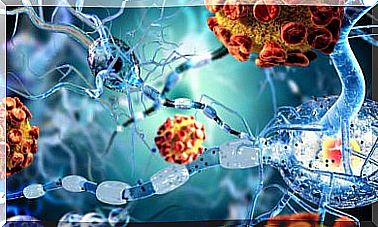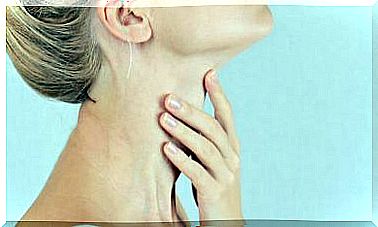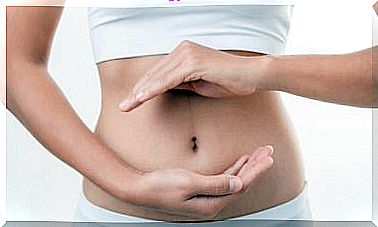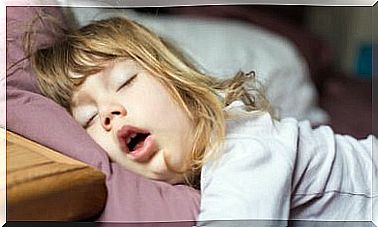Habits For Managing Stress And Postpartum Depression
Postpartum depression affects more than 15% of women who give birth. It is vital to follow basic self-care guidelines during and after pregnancy to prevent and treat it.

Postpartum depression is the most common disease in new mothers and, however, it is not always correctly diagnosed and habits are not taken into account to avoid its appearance. To be able to recognize it and act in time, it is necessary to know the causes and symptoms that they refer to.
What is postpartum depression?
Causes
The exact causes that trigger the symptoms of postpartum depression are unknown, but there are a number of circumstances that occur during pregnancy that can affect the mood of the mother during the first months of the baby’s life:
- Hormonal changes during and after pregnancy: drop in estrogen and progesterone levels.
- Leave from work and changes in personal relationships.
- Changes in the body after childbirth: some women suffer a significant drop in self-esteem after giving birth due to the physical consequences that childbirth entails.
- Enjoy less free time and lack of sleep.
- Doubting the ability to care for and educate a child.
Risk factor’s
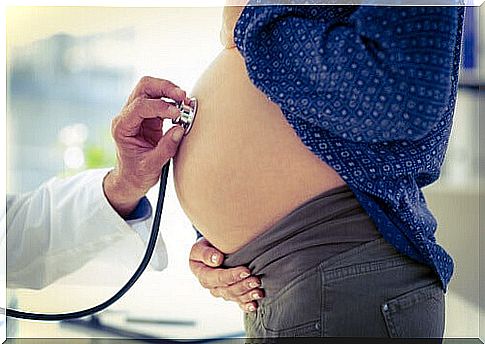
Some women are more likely to have postpartum depression because they have one or more of the following risk factors:
- Having suffered from depression or postpartum stress before.
- History of depression, bipolar disorder, or anxiety disorder in pre-pregnancy stages.
- History of family members with a psychological disorder.
- Having suffered a traumatic event during pregnancy.
- Medical complications in pregnancy or delivery: congenital disease of the baby, complicated or premature delivery, emergency cesarean section, etc.
- Not having planned the pregnancy.
- Having financial problems.
- Feeling lack of support from those closest to you, your partner and family.
- Use of illegal substances, alcohol or tobacco during pregnancy.
Postpartum depression symptoms
Symptoms of postpartum depression can interfere with a mother’s ability to care for the baby or take care of herself. The first signs usually appear during the first weeks after delivery, although they can begin up to a year after birth. The most common are the following:
- Feelings of hopelessness, guilt, and sadness.
- Sudden mood swings.
- Feeling extreme anxiety and worry.
- Inability to sleep or sleeping too much.
- Problems creating an emotional bond with the baby: in some cases it may even cause rejection of the baby.
- Loss of interest in activities that you used to enjoy.
- Headache and general fatigue.
- Loss of appetite
- Doubting the ability to be a good mother.
- Thinking about hurting the baby or harming yourself.
Read more: Hidden habits that people with depression have.
Habits for the prevention and improvement of postpartum depression
Following some self-care guidelines once you give birth will reduce the chances of suffering from depression after childbirth. If you think that you or someone close to you may be suffering from this pathology, it is important that you go to the doctor so that they can refer you to the indicated specialist and the relevant treatment can be started.
Get enough sleep
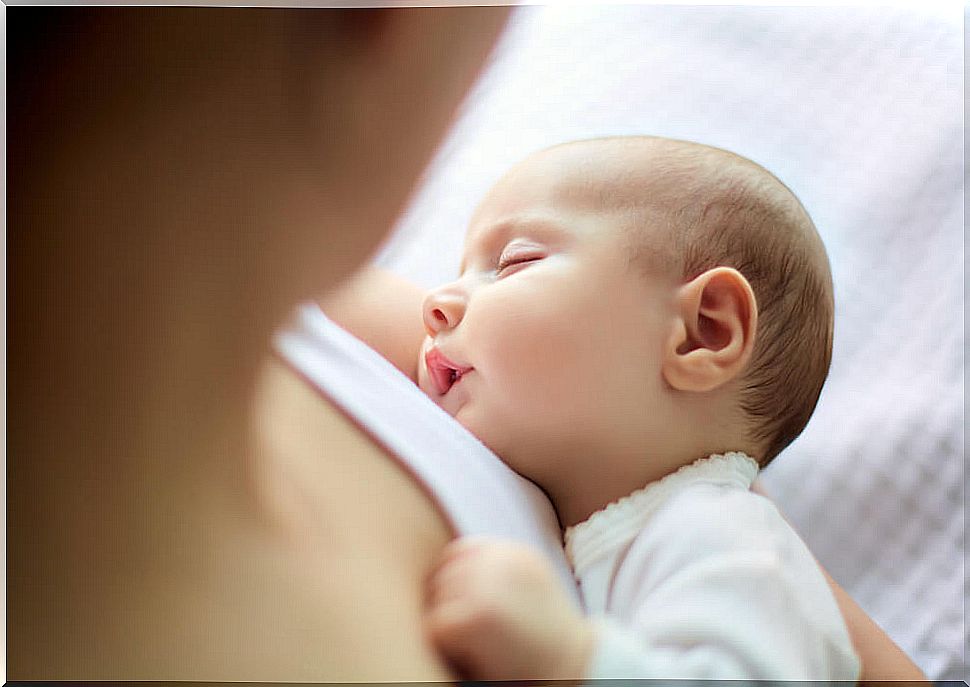
It is important to rest as much as possible and take advantage of when the baby is asleep or someone else (partner, friends or family) is taking care of him. It is a very common habit for new mothers to take advantage of these moments to do pending tasks or order, but the only thing that is achieved is accumulating fatigue.
In addition, having a stable and relaxed state of mind helps the baby to be calmer and to wake up less and, therefore, the mother can rest more. You have to try to sleep whenever you can and not relegate moments of sleep and rest in favor of performing tasks that are not so important.
Distribution of tasks and free time
It is essential, for physical and psychological health, the division of tasks with the partner or family. The burden of motherhood cannot fall only on the mother, it is necessary to establish a distribution of tasks and schedules to take care of the baby. Thus, in case of being in a couple, both members will be able to enjoy free time for self-care.
Do exercise

Playing sports during and after pregnancy helps mothers to have a more stable mood and reduces the chances of postpartum depression. Exercise releases endorphins and helps alleviate stress and anxiety.
It is important to direct physical activity to stretching the body with gentle and controlled exercises. Later, more demanding activities can be progressively incorporated.
Lower levels of self-demand
A high percentage of women with postpartum depression are perfectionists and failures are not allowed. It is vital to bear in mind that no one is born taught and that practice is the basis for improvement in any area of life.
It is not necessary to compare with the reality that other mothers of perfection and control show, because in most cases it is the image that they decide to show and can generate frustration and feelings of guilt.
Finally, consider that, after delivery, it is convenient to organize to plan the time with the arrival of the new baby. Thus, notifying our doctor of any physical or emotional change that we are suffering will help to diagnose and treat it in time.
